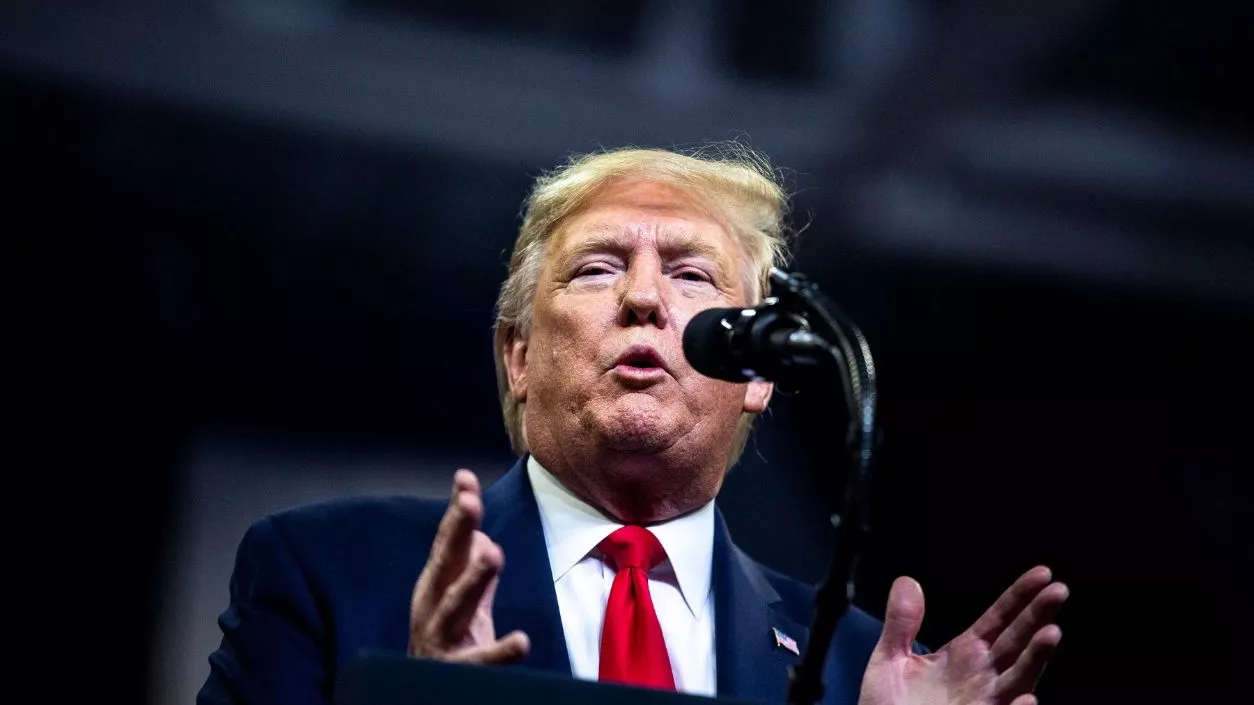Speeding bus mows down pedestrian at MG Road more, driver flee
.gif)
.gif)

President-elect Donald Trump has reaffirmed his intent to abolish birthright citizenship, a policy granting automatic U.S. citizenship to individuals born within the country, irrespective of their parents’ legal status. This longstanding practice is rooted in the 14th Amendment of the U.S. Constitution, ratified in 1868, and has been instrumental in defining American citizenship. Trump’s proposal aims to limit citizenship to children born to U.S. citizens or lawful permanent residents.
Trump has criticized the current policy, calling it a “magnet” for unauthorized immigration and “birth tourism,” where foreign nationals travel to the U.S. to secure citizenship for their children. The proposal has sparked debate over its potential constitutional conflicts and implications for millions of families, particularly in immigrant communities.
Legal experts point out that any change to birthright citizenship would face significant hurdles due to its constitutional basis. The 14th Amendment states, “All persons born or naturalized in the United States, and subject to the jurisdiction thereof, are citizens of the United States.” Courts have historically upheld this provision as applying to anyone born on U.S. soil, regardless of their parents’ immigration status.
The proposed policy change could have significant repercussions for India, as Indian nationals are the second-largest immigrant group in the U.S. According to a Pew Research analysis of 2022 census data, about 4.8 million Indian-Americans live in the U.S., with 1.6 million born in the country. Under current law, these individuals are U.S. citizens. Restricting birthright citizenship could lead to complications for future generations of Indian-origin families.
The Migration Policy Institute estimated in 2019 that 5.5 million children in the U.S. live with at least one undocumented parent. Most of these children are U.S. citizens. Ending birthright citizenship would increase the population of stateless children, creating logistical challenges for families, schools, and government agencies to verify legal status and citizenship.
Any move to end birthright citizenship would require either an amendment to the Constitution or extensive judicial review. Trump has proposed issuing an executive order to initiate the process, but experts argue that such an order would face immediate legal challenges and likely be contested in the Supreme Court.